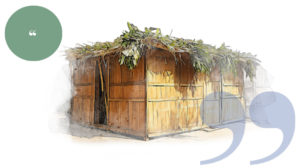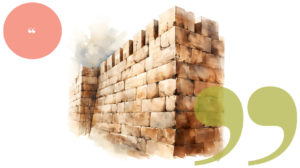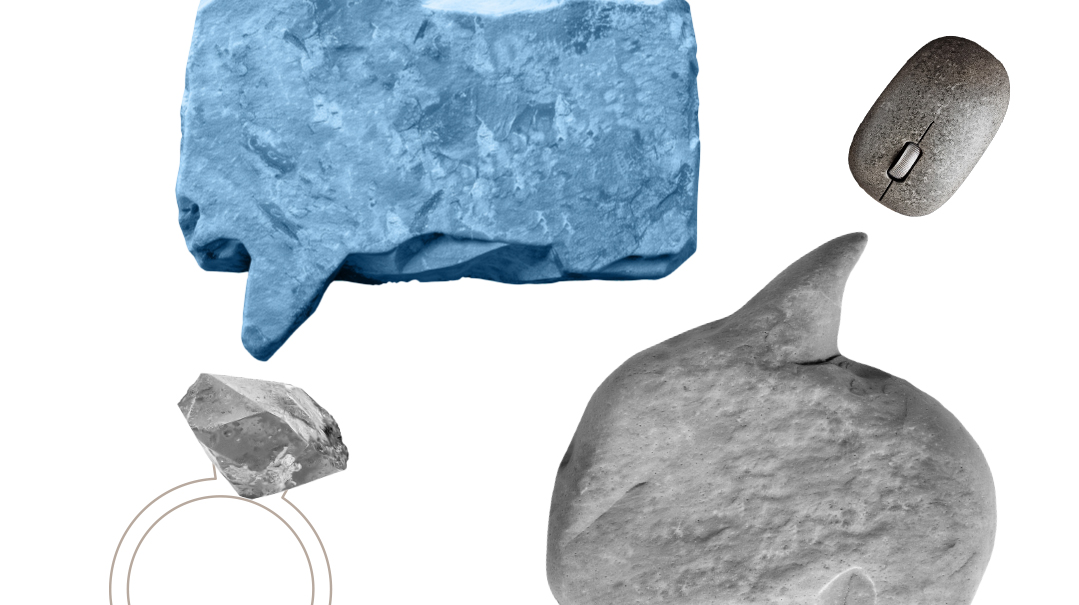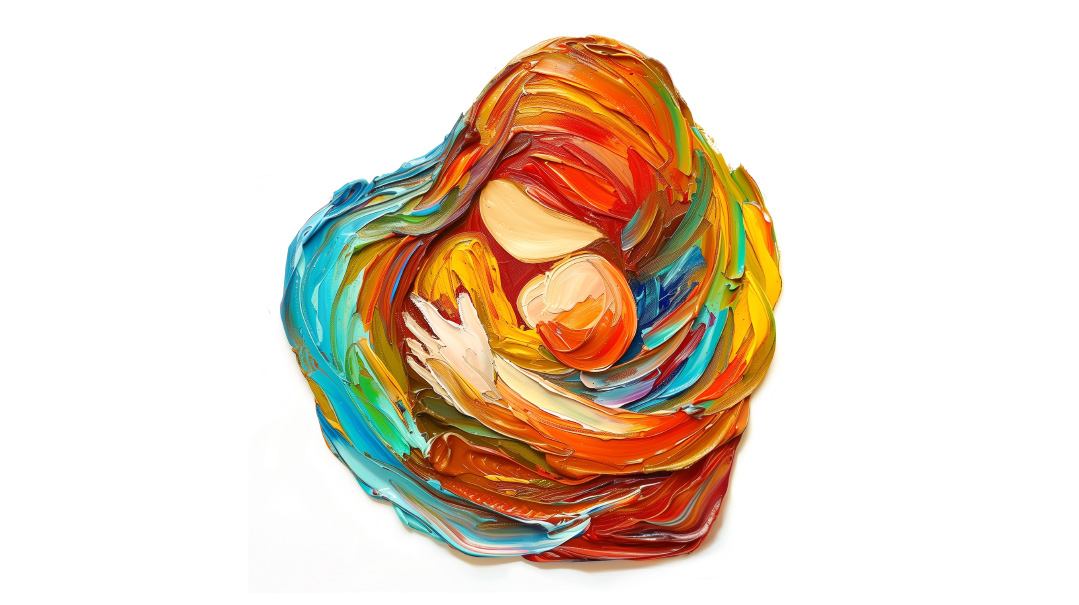Good Mothers and Bad Mothers
| May 15, 2008I was reading my daughter one of those fairy tale nursery rhyme books, when she turned to me wide-eyed and said, “When I’m a mommy, I’m going to be exactly like Shimmy’s mommy.”
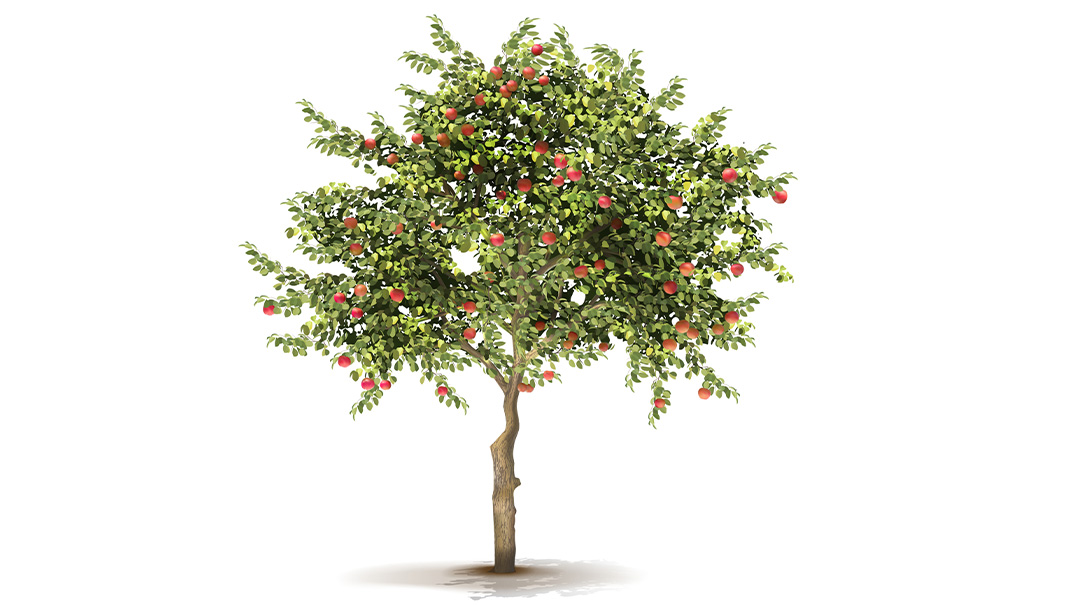
When I was young, I divided all mothers in the world into two categories: good mothers and bad mothers. My theory withstood the tests of childhood, with some minor adjustments. But then I became a mother, and things weren’t quite so clear anymore
When I was young and dumb, I thought that my twenty-minus years of life experience made me smart enough to conceptualize all the world’s theories with my quick, incisive judgments. It was then that I knew that the world’s mothers are classified in two groups: good mothers and bad mothers.
My early definition of a good mother existed only in fairytales. A good mother served chocolate and chew-chews for breakfast, lunch, and supper; she never made her kids take baths; and she always allowed them to play with their toys for hours without end. Of course, I was convinced that I would be the one to break the world’s record and earn a special honorary title in the Guinness Book of World Records as World’s First Good Mother. I just knew how all the world’s kids would clamor around me and beg me to take them home with me.
However, as I grew a little older and wiser, I decided that my qualifications for a good mother had been a bit too discerning and perhaps even a trifle too imaginative for my own children’s good. And so, I decided upon new parameters that would define a good mother. Every year, the must-have credentials switched a bit, most probably based upon the traits I observed in my friend-of-the-year’s mother or my need-of-the-year as a daughter. Among the credentials, a good mother had to allow her children to go to sleep past nine o’clock, buy her children as many sets of stationery as their hearts desired, and bake three-tiered birthday cakes to crown gala surprise birthday parties. A bad mother forced her kids to finish their spinach, didn’t let them cross an avenue on their own until they were at least eight years old, and forced them to make their beds in the morning.
Alternatively, as a teenager, I knew that a good mother gives her kids a cell phone, showers them with tons of compliments, and gives them space — a lot of space. A bad mother yells, imposes curfews, and criticizes. She also doesn’t buy her children new robes if their old ones are in perfect condition, but slightly outdated.
There were more dos and don’ts, I’m sure. But, time has a way of hazing even the most elementary rudiments that were once part and parcel of our past. So I remember them no more.
In case you wonder where I classified my own dear, darling mother in this very stark world of diametric contrasts, you would be asking a wise question. You see, my own mother was a riddle. Some days, she treated me with stationery and bought me skirts even though I didn’t really need them and baked me surprise one-layer birthday cakes. Other days, she most definitely didn’t let me stay up past nine o’clock or made me eat my chicken (and let me throw out my spinach) or gave me a cell phone without text. And some minutes, she gave me the sweetest compliments. In other minutes, I heard my fair share of criticism. When I told my mother that her enigmatic existence contradicted my well-researched theory, she listened intently (one point for a good mother!) and said quietly, “If all mothers are divided between good mothers and bad mothers, are all kids also categorized in two groups? And if they are, to which box do you belong?” Now that did stump me for a while, but I still held fast to my theory.
As a newly married woman, although the givens for my postulate may have been changed to more real values, my need to prove the theorem true did not. Now, however, as a mature adult, no longer living under the jurisdiction of a mother, I was much less biased. I decided to observe the mothers around me and learn from them the chemistry of a good mother, raising good kids. As I neared the stage in which I myself would join the ranks of motherhood, this quest became more than just a speculation; it became a drive in my desire to succeed in my future lifetime career.
I did a lot of observing. I saw mothers who indulged their children with heaps of positive feedback, but failed to provide them with a neat, well-organized house. I took note of mothers who were master disciplinarians and instilled in their children an inner wrong-and-right ticking machine, but were poor communicators. I found mothers who were phenomenal organizers and miserable chefs; master pedagogues, yet poor time managers; gifted sibling rivalry solvers, but most definitely not bedtime crisis solvers. These observations threw me off balance, distorting the neat little category boxes waiting to be filled with good and bad role models.
Before I knew it, I was a mother to a family of my own, and day-to-day juggling afforded me little luxurious time to devote to experimenting with abstract theories. Until the day that I was reading my daughter one of those fairy tale nursery rhyme books, when she turned to me wide-eyed and said, “When I’m a mommy, I’m going to be exactly like Shimmy’s mommy.” Between the lines, I read the silently-mouthed words echoing in her brain: “unlike my mother.”
I shouldn’t have been surprised. After all, she is my daughter, proud possessor of fifty percent of my genes, and they always say that history repeats itself. But her questions brought me head-on back to my original question: Who Is a Good Mother?
I took a good, hard look at myself. And suddenly, the whole question collapsed like a stack of cards. Because, unlike the snapshots I had snitched from other people’s lives, I was able to examine my own life’s entire filmstrip. And there was plenty to see. Plenty more than one child’s or even adult’s eye could observe with one cursory glance.
Yesterday, I had wanted to bake a cake (good mother), but had decided against it (bad mother?), because the baby was crying. Last week, I had not allowed my kids to play with their clicks (bad mother?), because I had just cleaned up and needed to reserve my usual evening cleaning time to go to a bar mitzvah; instead, I read my girls a story and sent my boys outside to play. This morning, I was tired; I even acted tired and groggy and unenthusiastic. (Yes, bad mother!) But I was tired because I had spent the greater part of the night tending to my sick five-year-old and colicky baby (good mother). So, I didn’t take the kids to the park in the afternoon, opting instead to take a rest, and now I’m back to my cheerful self (bad? good/bad-good).
Even when I listen to my friends’ mothering accounts, I hear a lot more than I could have ever observed, especially since these are my friends; I know their background and appreciate their accomplishments. One friend struggles with her temper. She always tells me about her inner battles to conquer those bubbling boils simmering inside her heart. I think that makes her a hero. Besides which, she is constantly hosting her children’s friends at her house, cooks gourmet meals, and spends quality time with each child every night. Another friend is a head counselor, in a mother’s version. Her house is always a beehive of spirited activity. All the kids on the block adore her. I know that her own children have a unique zest for life and a wonderful self-esteem, buoyed by their mother’s enthusiasm for life and innate appreciation for every person. But, my friend makes a poor balabusta. She always tells me that her house looks like it is a camp — sometimes, she wishes it would bear more resemblance to a neat, tidy home. Yet a third friend is one of those admirable copers. Her demeanor is calm and calculated; her house is put-together, yet still people-oriented; her priorities are well-organized and flexible. And even she struggles. She tells me how hard it is for her not to impose her own expectations upon her children and spouse; how she finds it difficult to step back and give her kids breathing space; how she sometimes has to admit to imperfection — if only to give herself some space, although technically she can (almost) do it all.
And so, I hereby present my revised thesis on Mothers. For I’ve learned that, for the most part, there are no bad mothers or good mothers. All mothers are Trying Mothers.
Trying to balance limited time, limited resources, limited energy while conveying their limitless love and desire to give to their children. Trying to balance their limitless love and desire to give while fulfilling the mother’s sacred obligation to direct, perfect, and educate their children. Trying to balance the duty to educate and mold while endowing their children with room to grow on their own and be their own person.
Trying to overcome their own human imperfections, their children’s challenging deficiencies and demanding expectations, and life’s many taxing situations.
Trying to be the best they can in the way they know it as best.
That’s a tall order. And the more of the filmstrip I unwind, the more I peek beyond immediate causes and effects, the more I see that each mother deserves a crown. In fact, each mother deserves to enter the Guinness Book of World Records. For being the First Mother in her shoes, with her children, challenges, and circumstances to succeed as a Trying Mother.
Congratulations, Mothers! You’re doing a great job! Keep it up!
(Originally featured in Family First, Issue 90)
Oops! We could not locate your form.

